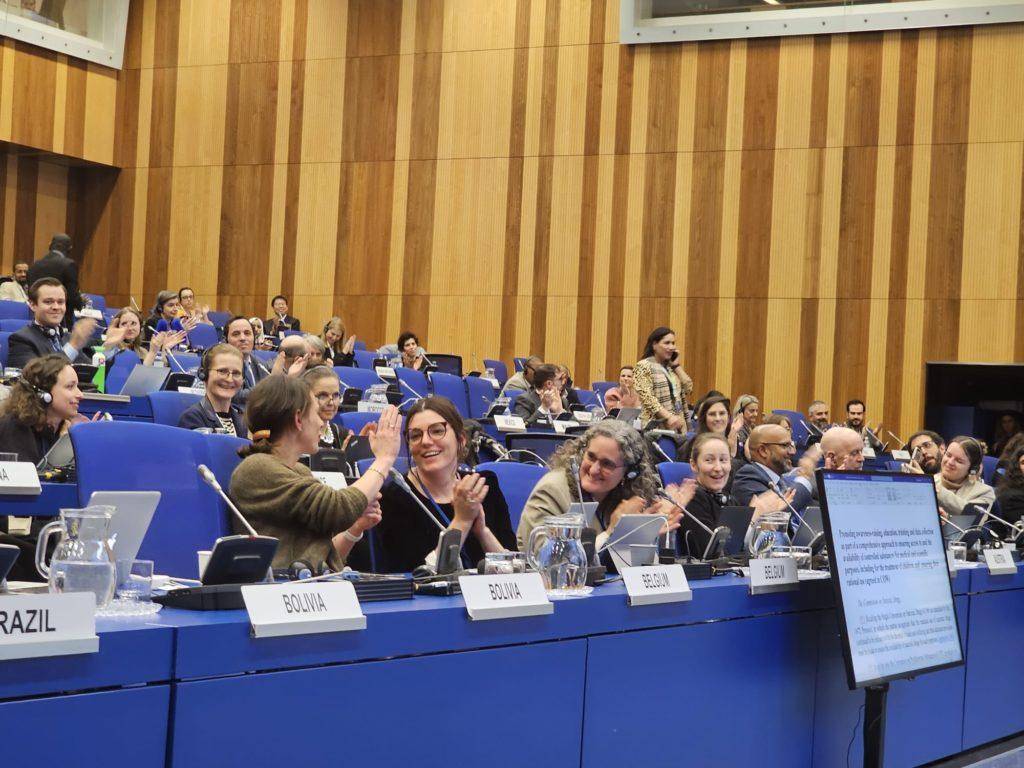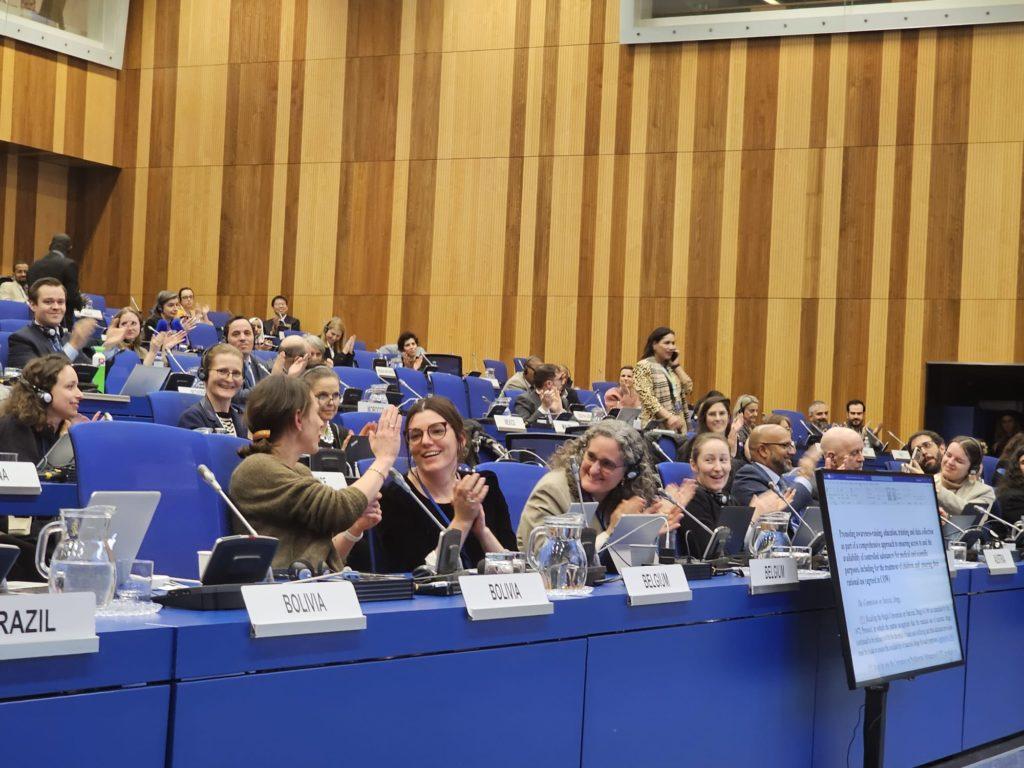
These days, it’s rare to come across a story of international consensus. However, during the 67th session of the Commission of Narcotic Drugs (CND) of the United Nations Office on Drugs and Crime (UNODC) in Vienna, member states reached an important agreement. Resolution 67/4, adopted by consensus at CND67, aims to enhance the availability of and access to controlled substances for medical use, with a particular focus on improving care for children. Controlled substances require strict oversight by governments because their misuse may cause addiction and abuse, like in the case of morphine. However, these medicines are essential to manage pain and anesthesia, and other health conditions such as neurological diseases, treatment of drug abuse or mental health.
Millions of people worldwide suffer immensely from not having access to medicines for pain management. Among them, children are the most vulnerable group. The 2017 Lancet Commission on Global Access to Palliative Care and Pain Relief estimated that 2.5 million children worldwide die in need of palliative care. According to the WHO report “Left Behind in Pain” from 2023, 95% of opioids are distributed to high-income countries, while only 0.03% are distributed to low-income countries. This report, along with the one published in 2022 by the International Narcotics Control Board (INCB), provides a comprehensive understanding of the complexity of a problem caused by known barriers related to unequal access to healthcare, further aggravated by the influence of international regulations aimed at controlling the trafficking and abuse of narcotics. Consequently, policymakers, patients, their families, and healthcare providers often harbor misconceptions about pain and its management, leading to fears that impede the proper utilization of controlled medicines. Among others, there are concerns on diversion to illicit markets, addiction or overdose, and legal persecution.
But back to Vienna. The CND resolution was presented by the delegations of Belgium and Ivory Coast and negotiated in intense sessions over four days with significant engagement from delegations of member states representing all regions in the world. Following the recommendations of the INCB and WHO reports, specific areas covered by the agreement include improvements in healthcare personnel training, promoting education and awareness in society, and enhancing information systems – all key elements to address some of the barriers that hinder access to controlled substances for medical use.
Negotiating in these sorts of multilateral fora means weighing every comma, introducing reservations, and discovering that synonyms do not actually exist because each word has its own nuance, and it is within these nuances that “red lines” are drawn. But agreement was reached in the end, and there was even time to celebrate it on the eve of the plenary session. Of course, the opposite, not reaching any agreement, would have been in fact a huge failure adding to the existing suffering.
Because how could one disagree that it is inhumane to let children with serious illnesses or injuries suffer when there are medicines that can alleviate their pain?

Joy in Vienna when agreement was reached